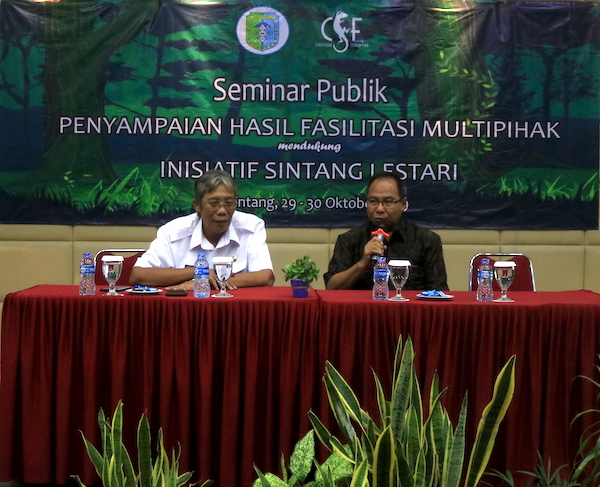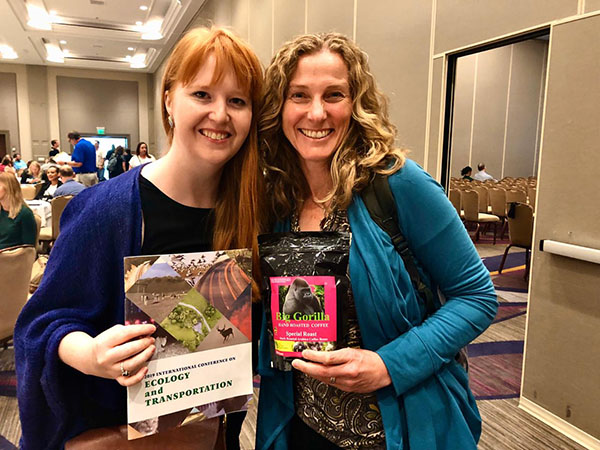2006 CSF Annual Report
Download PDF639.82 KB
Date

Mary McDonald is the Finance Manager for Te Ipukarea Society (TIS), an environmental NGO based in Rarotonga, Cook Islands. TIS was established to promote harmony between the people of the Cook Islands and their environment. TIS works to ensure that economic development does not come at the expense of the environment.

CSF-Indonesia seeks a full-time Economist & Program Coordinator for our project in Sintang. The person will coordinate CSF's efforts in Kabupaten Sintang, building on the results of our Phase 1 project. This position will work closely with CSF-Indonesia’s Director and Program Manager, and the BAPPEDA (Development Planning Agency) of Kabupaten Sintang.